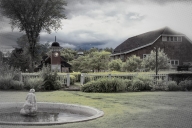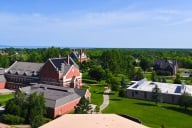You have /5 articles left.
Sign up for a free account or log in.
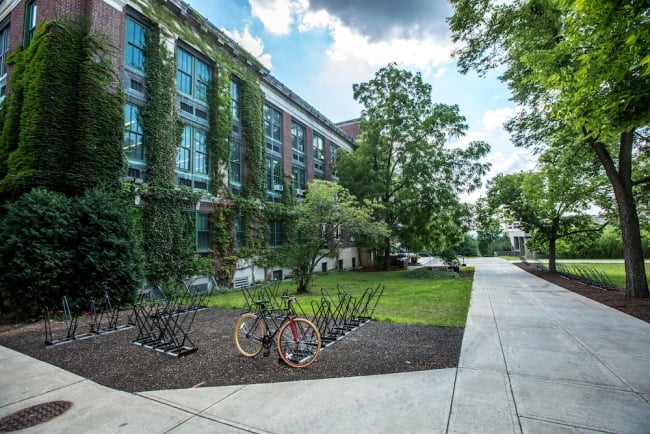
Americans’ confidence in higher education over all has plunged in recent years, but there are differences between how various demographic groups think of the sector.
Americans’ confidence in higher education is at an all-time low, according to a Gallup poll released today.
The poll was conducted in June and found only 36 percent of Americans have “a great deal” or “quite a lot” of confidence in higher education, down about 20 percentage points from eight years ago. Prior measurements of public confidence in the nation’s colleges and universities found significantly higher levels in 2015 (57 percent) and 2018 (48 percent).
Researchers and education policy experts say college and university administrators and other higher ed officials should take notice of the sharp decline, especially because it was consistently high among all major subgroups of those polled.
The experts also noted, however, that the survey data are in line with other measurements of the overall decline of public trust in institutions as a whole.
Jon Fansmith, senior vice president for government relations at the American Council on Education, said he’s “not happy” that public confidence has gone down.
“You don’t like to see public confidence in your organizations waning, especially when you serve a public good like higher ed,” Fansmith said.
He said the country’s polarized political climate likely played a role in survey respondents’ perceptions.
“Higher education has always been seen as something good and of value to people; you start to see this partisan divide … and it makes it harder for people to understand the true benefits of higher ed.”
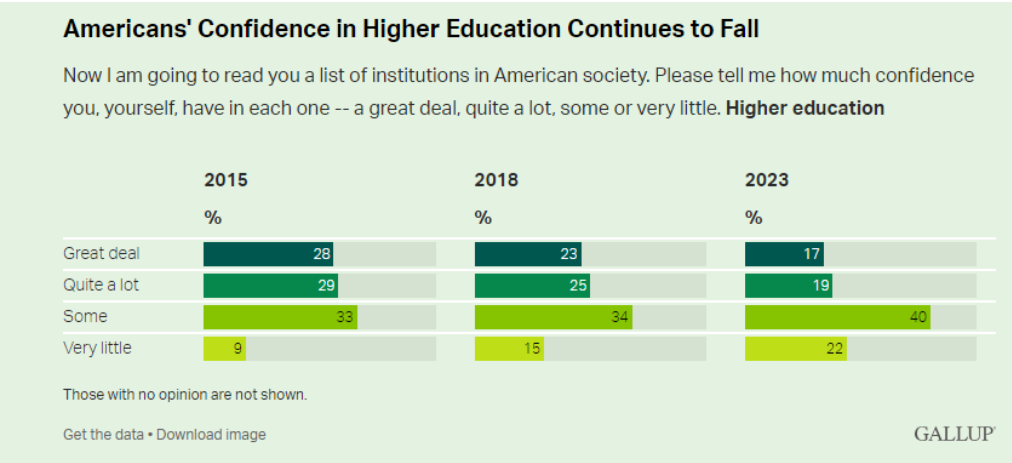
A Gallup survey conducted in June shows historic lows for public confidence in higher education.
Gallup
Zach Hrynowski, an education researcher at Gallup, said the poll results were eye-popping and left little doubt about the current state of the public image of higher ed and the work needed to renew public confidence.
“I don’t think, necessarily, I would say they should be concerned, but I think they should be paying attention,” he said of higher ed officials.
Drops Across the Board
When Gallup surveyed Americans about higher ed in 2015, the majority of respondents in all key subgroups—political affiliation, level of education, age and gender—voiced confidence in colleges and universities. Political Independents were the only exceptions; just 48 percent said they had confidence in higher education.
The most recent survey found Democrats were the only subgroup where a majority remained confident in higher education. Fifty-nine percent said they were confident, although that number is down nearly 10 percentage points from eight years ago.
Despite the decline in confidence across all groups, significant gaps persist, especially along political divides.
Republicans showed the sharpest decline, dropping by nearly 40 points to 19 percent from 2015, the lowest confidence over all. Confidence levels among adults without a college degree and those aged 55 and older also significantly declined. Both groups’ numbers dropped by about 25 points.
“It’s not an equal distribution across political affiliation. It’s not widespread disenchantment with higher education,” Fansmith said. “It’s very concentrated … and you worry about the implications of that for public policy.”
Hrynowski, the Gallup researcher, said that while the more drastic decline from the right side of the political aisle is getting more airtime, it’s also important to look at the other groups, because they are “eroding as well.”
Several demographic groups, including liberals, college degree and postgraduate degree holders—who traditionally represent the bedrock of support for postsecondary education—had declines as high as 17 percentage points over the same time period.
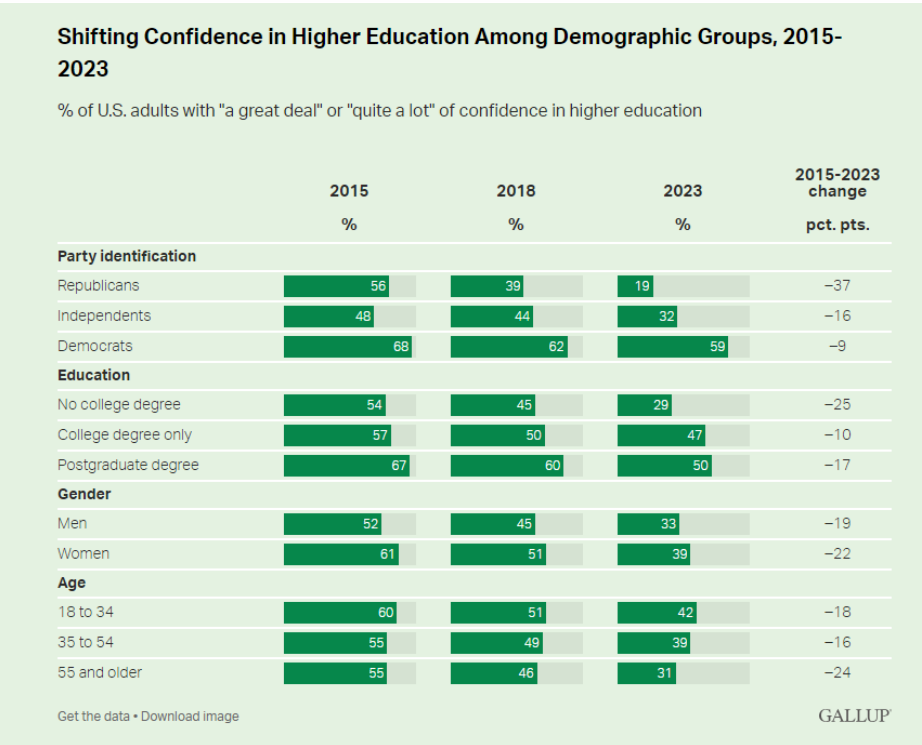
Republicans showed the largest decline in respodent confidence from 2015 to 2023.
Gallup
“Sometimes when you see these declines … it’s a discrete subsection of the population that is causing the overall decline,” Hrynowski said. In this case, however, “higher education has really been losing ground with every major constituency.”
Whether colleges “like to admit it or not, they rely on public confidence to maintain their viability,” he added. “If you have a society of people who say, ‘I’m not confident in higher education for a variety of reasons,’ it would follow that folks would stop engaging with that institution and enrolling and paying tuition dollars to those universities. And we’ve seen that.”
Another public opinion study on Americans views on higher ed, released Monday by Columbia University’s Teachers College, found similar stark differences in views based on political affiliations. But that study asked very different, and more specific, questions, and, as a result, presented a different perspective about public perceptions of higher ed. It concluded that “most Americans view public spending on higher education as an excellent or good investment” and that the majority of them “recognize the positive contribution of colleges and universities to individuals and society.”
The Columbia study also found that “Americans who value public investment in higher education are more likely to support increasing public spending on colleges and universities.” It found little change in public support or understanding of higher education between 2017 and today.
“Our findings seem to both align and differ” from the Gallup report, said Noah Drezner, co-author of the report and a professor and program director for higher and postsecondary education at Teachers College.
Hrynowski said fixing the perceptions reflected in the Gallup survey will not be simple.
Although the survey did not specifically probe for reasons why confidence levels are falling, the report cites the rising costs of college and concerns about divisive political debates taking place on campuses, such as diversity, equity and inclusion, as likely playing a significant role.
“It’s not a single issue where there’s a silver bullet, where leaders in higher education could say, ‘let’s just change one policy,’ and things will snap back,” Hrynowski said.
Part of an Overall Decline
When ranked against the other 16 institutions included in a larger Gallup survey, higher ed is still fourth in terms of trusted institutions. Only small businesses, the military and the police received higher levels of public confidence. (This was also the case in 2018, the last time higher education was included in the list of institutions.)
“It is absolutely clear that confidence in higher education has gone down massively over the last decade. But I also think it’s pretty clear that that has aligned with confidence across a whole number of institutions in American society,” said Lanae Erickson, senior vice president at Third Way, a center-left think tank.
Confidence in the Supreme Court, large technology companies and K-12 public schools all came in lower than higher ed, at about 25 percent. The U.S. Congress ranked lowest in public confidence, at 8 percent.
Erickson believes younger Americans in particular have partly driven the national shift of confidence in institutions over all.
“Young people that are aging into these polls have less trust in institutions generally,” she said. “They’re less religious; they’re less likely to associate themselves with a political party.”
Still, other surveys by Gallup found that nearly three-quarters of currently enrolled students do feel their degree is worth the cost. The most recent survey points to older individuals as the less trusting group.
The most recent survey does not take the different sectors of higher education into consideration and people’s varied levels of confidence in them individually.
“If we were to be able to suss out different sectors or different preconceived notions about what you mean by college, or higher education, I think you’d get some different answers,” Erickson said. “A lot of the scorn that Republicans or far right conservatives have towards higher education is directed at elite four-year universities, or even postgraduate education, versus community colleges.”







